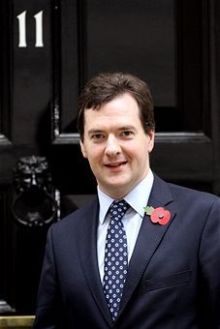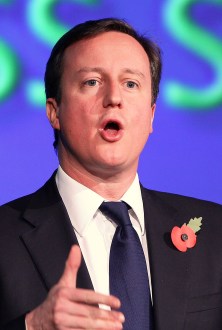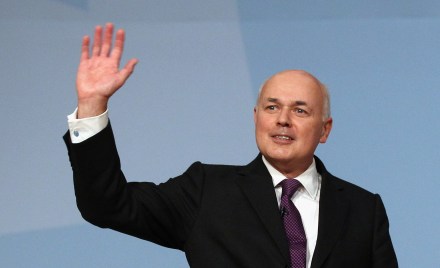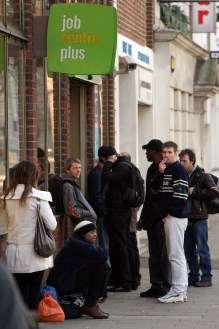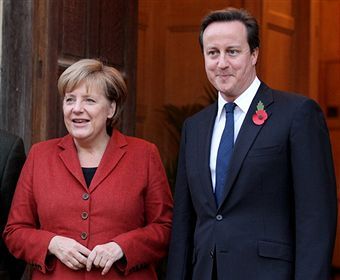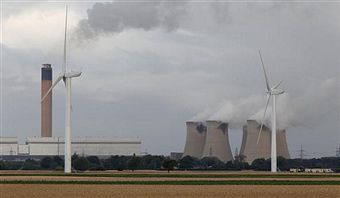The British taxpayer should not be bailing out Ireland
Everyone is talking about the royal wedding today. It will be a great occasion but the public finances are tight and people are already asking about the cost. There is a bigger issue for British taxpayers, though. Our politicians have arranged for them to get hitched to the bride from hell: the ongoing fiscal disaster in the eurozone. Under current plans it is reported that we could be liable for up to £7 billion in any Irish bailout. At the TaxPayers’ Alliance, we have just this morning started a petition against British taxpayers’ money being put at risk for a euro-bailout of Ireland; you can sign it here.
